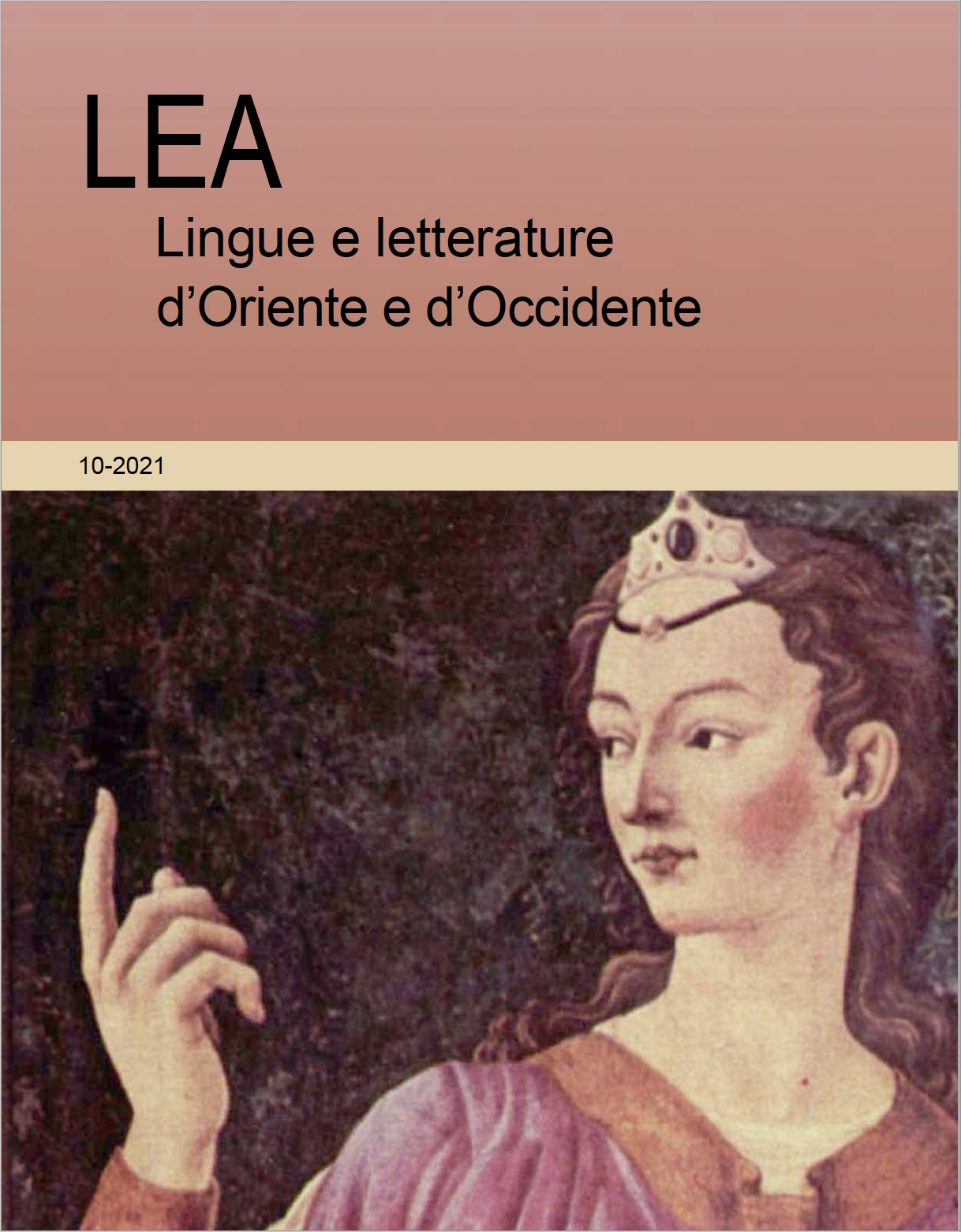Published 2021-12-10
Keywords
- epidemic, illness, nationalism, power, Turkish fiction
Abstract
This article aims at contributing to the analysis of Turkish epidemic literature from the end of the XIX century to 1930s. In particular, the historical poetics of modern Turkish fiction will be analysed to highlight the impact of normative nationalist paradigms on the literary representation of epidemics. The analysis will focus on the short story Salgın (1935, Epidemic) by Reşat Nuri Güntekin (1889-1956), one of the most canonical writers in the first decades of the Turkish Republic. The examination of the main representative forms and patterns of the short story will contribute to explain how allegorically resorting to the epidemic allowed the author to elaborate one of the first critical interpretation of the Turkish nation-building process.



